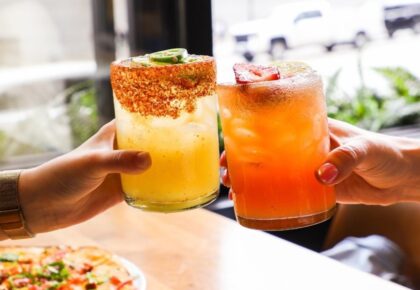San Diego Food System Alliance Calls For Support Of Local Food System During COVID-19
The San Diego Food System Alliance is calling on San Diego County leaders and residents to recognize the devastating impact COVID-19 is having on our local food system—including food businesses, farms and fisheries, food and farm workers, and food security.
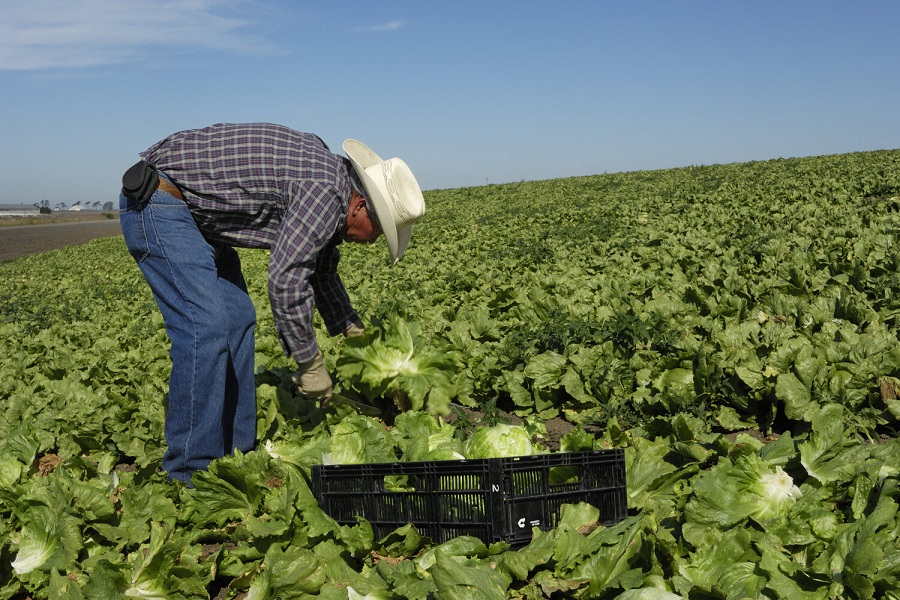
The Alliance has put together a webpage of resources here to guide residents, policymakers, and the philanthropic community in taking action to support our local food system during and after the pandemic.
Since the beginning of the crisis, while many of us have transitioned to stay at home, food system workers have remained hard at work to provide for our survival. Like healthcare workers, they are working tirelessly while risking their own lives. Over 200,000 people in San Diego County work on the front lines every day to produce, prepare, deliver, and serve the food we eat.
With one in seven people already experiencing food insecurity in our region, local farmers, food businesses, schools, and hunger relief organizations are working overtime to ensure that all are fed during this crisis.
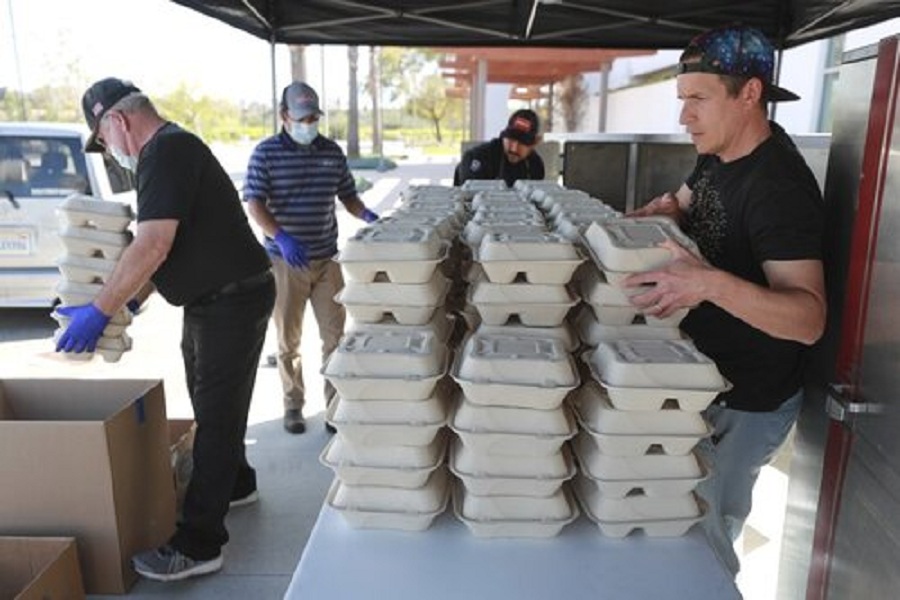
7 Things You Can Do Now to Support Our Local Farm & Food Economy
1) Buy direct from local farmers and fishermen
Small farms and fisheries have lost vital avenues of income during COVID-19 with restaurant and school closures, and farmers’ market interruptions.
Open-air farm stands, farmers markets, and fishermen’s markets are currently successfully implementing social distancing measures to ensure that shopping is safe. Online ordering, CSA, delivery, and curbside pickup are all convenient, no-touch ways that farms and fisheries have implemented to ensure customers have a dependable source for healthy, fresh food.
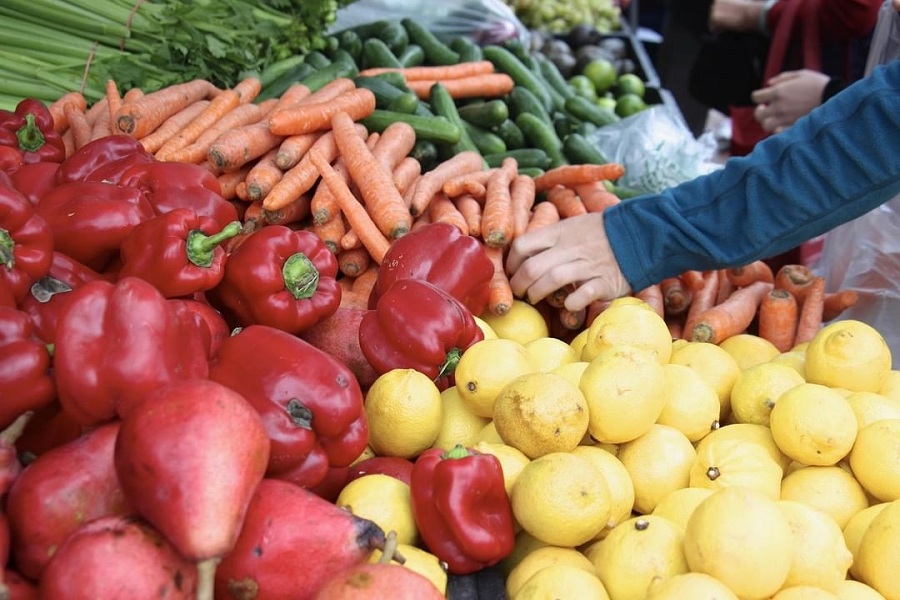
2) Support local, independently owned restaurants and food businesses
Restaurants are among the hardest-hit businesses during COVID-19. It only takes a quick walk or ride (mask on, please!) down your usual restaurant row to know there has been a heartbreaking decline in business. Those that have remained open must follow rapidly changing local regulations, and make hard decisions daily between protecting livelihoods or protecting worker health.
Continue to support your local eateries by ordering take-out and delivery. Contribute to fundraisers. Buy gift cards. Spread the word in your community and on social media to encourage others to do the same.
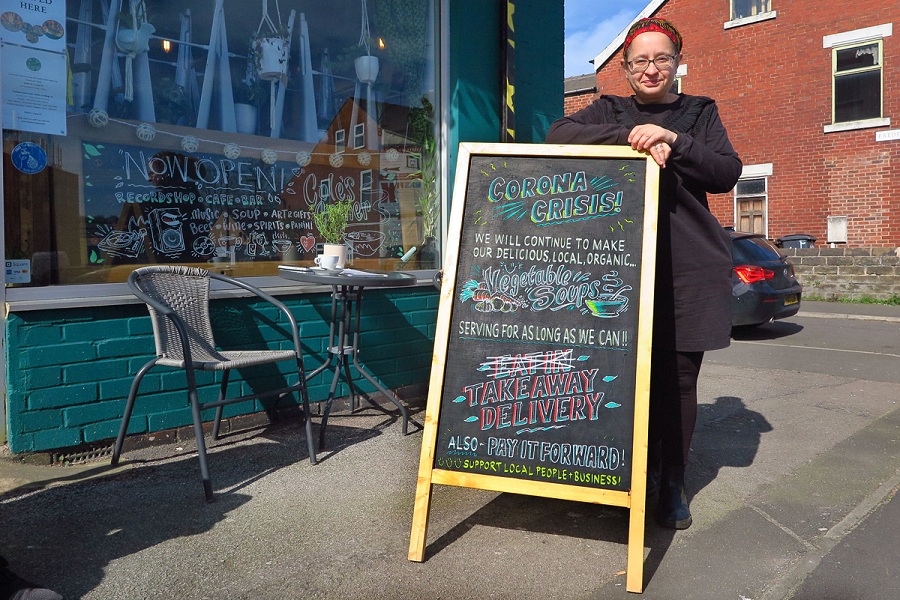
3) Donate to relief funds
Federal relief for COVID-19 does include funds for food and agriculture; however, the legislation doesn’t go far enough to specifically protect small- and mid-scale farmers, food workers, or local food businesses hit hard by this crisis. It also fails to expand benefits for families already struggling with hunger and farm workers who are the backbone of our food system but are among the least protected in society.
Flexible financial relief is urgently needed to cover a range of unique emergency expenses, ranging from rent relief to increased community resources. Several nonprofit organizations, community coalitions, and grant-making bodies have stepped up to raise funds and funnel flexible relief where federal efforts fall short.
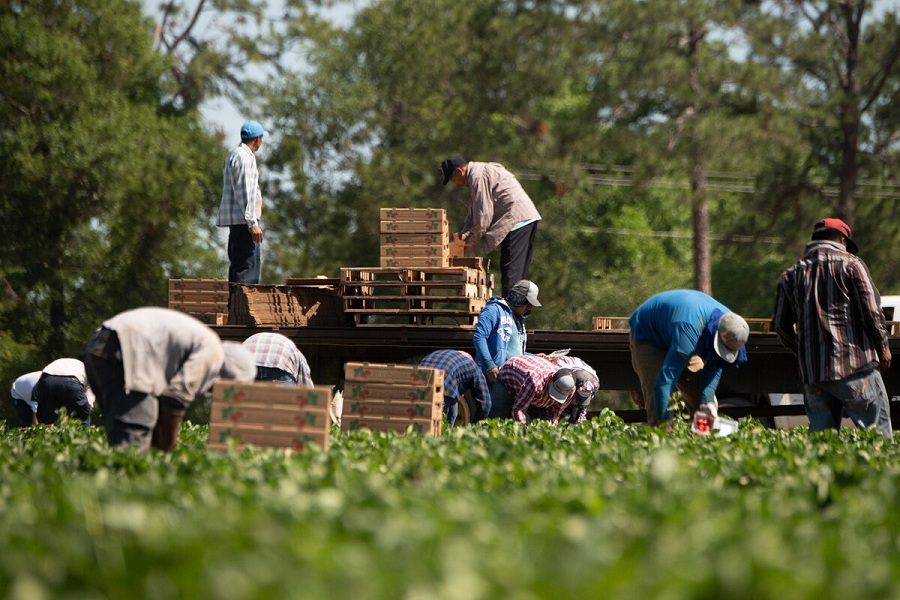
4) Volunteer to support food assistance
Food banks and pantries are in desperate need of dependable volunteers as the demand for food assistance dramatically increases. With unemployment higher
than ever and schools closed for the rest of the school year, more and more San Diegans are finding themselves food insecure, many for the first time.
The San Diego Food Bank is actively seeking volunteers in its two warehouse locations and has implemented several precautions to ensure social distancing and safety for volunteers. Meals on Wheels, Mama’s Kitchen, and Jewish Family Service are also seeking volunteers to prepare or deliver meals for home-bound seniors and other vulnerable people.
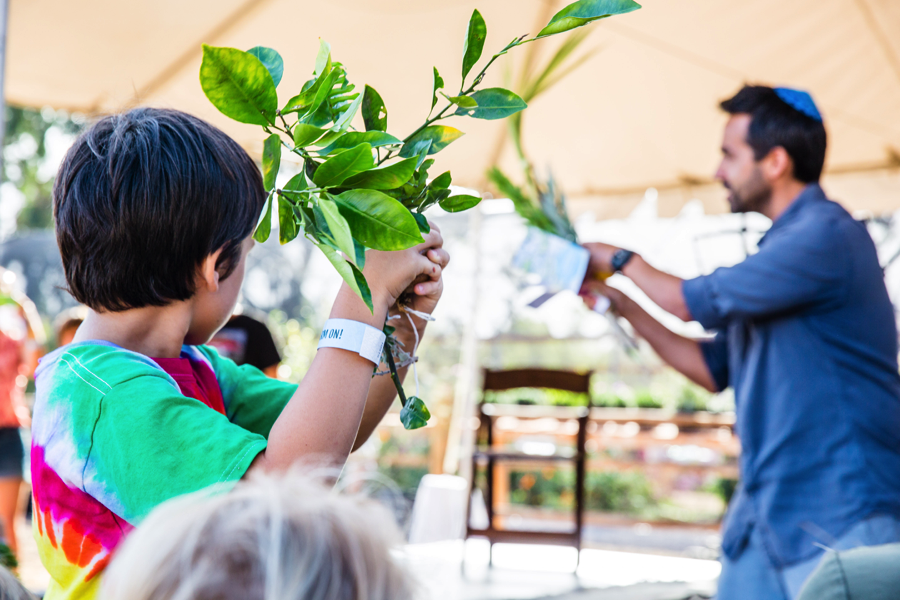
5) Learn about the root causes of our food system issues
Many issues plaguing our food system have come to light during the pandemic, including the lack of protection for farm workers, fragility of consolidated food chains, inequitable access to healthy food, and much more. Unfortunately, these are not new problems. They are simply being exposed and exacerbated by emergency conditions.
Not all hope is lost. As consumers, we can choose to make food choices informed by the knowledge of how our system works. For those of us in the fortunate position of having extra time during ‘Safer at Home’ orders, this is a perfect time to reflect. “How does the food system actually work? Who does it work for, and who does it leave behind? How does the economy work? Who does it work for, and who does it leave behind?”
Recognizing the mosaic of diverse actors who bring our food from farm to table is the beginning of truly understanding the meaning behind the food on our plates.
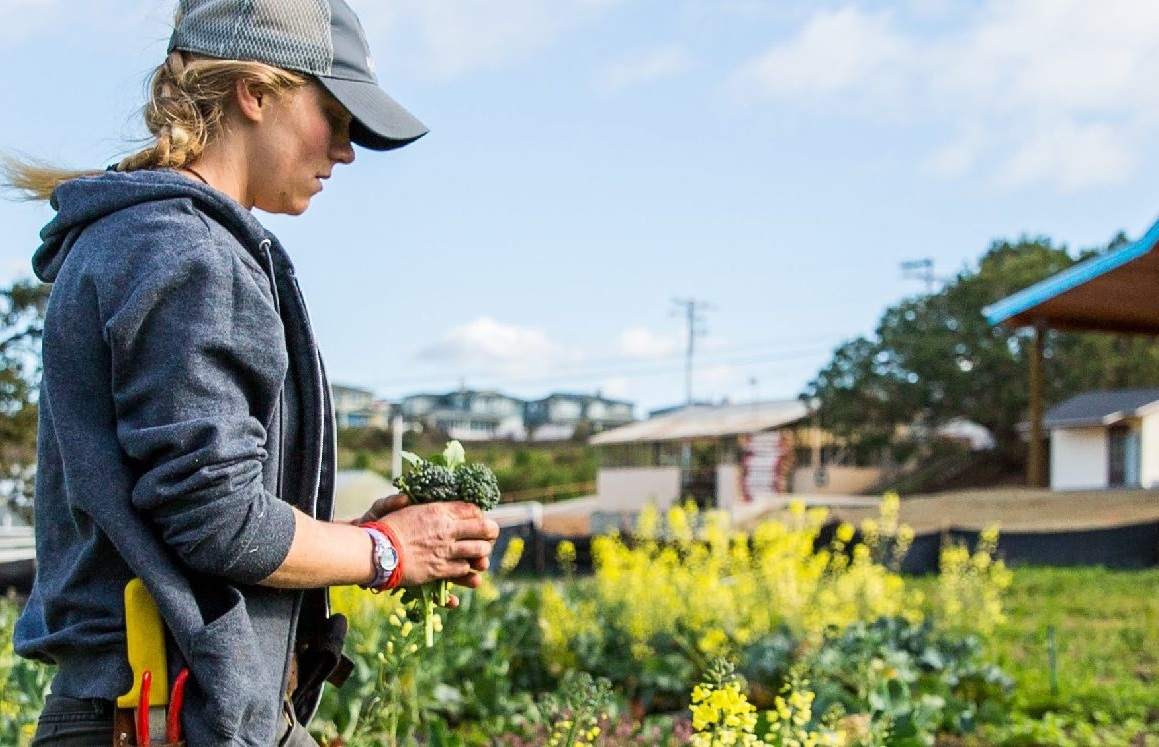
6) Use your vote and your voice to advocate for lasting change
The individual actions we take as consumers—opting to buy direct, supporting local restaurants, and learning about our systems—do make incremental change in our food economy. But we need our elected officials to listen and lead change on a larger scale.
Use your vote and your voice to bring attention to the issues you care about, and to defend those who are most vulnerable in our current food system and economy. Call your representatives in Congress to urge them to prioritize what is important to you.
Get involved on a local level as well. Local government policies and programs are often at the forefront of food systems change. These initiatives have transformed communities and serve as models for state and federal policy improvements.
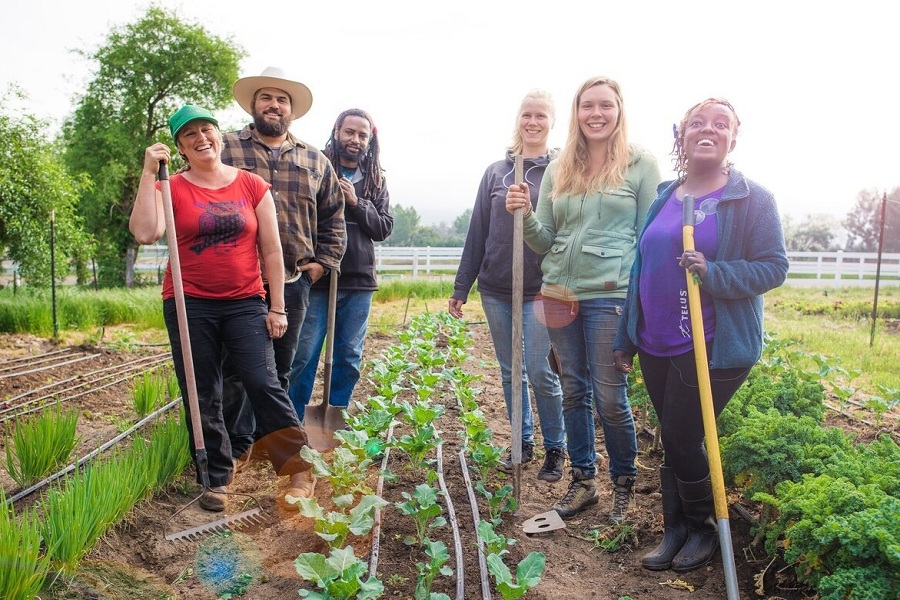
7) Make a commitment to keep taking action after the pandemic
Taking all of these actions now unfortunately won’t mean much if we don’t continue to do so after the pandemic ends.
We need to support our local farmers, fishermen, restaurants, and food businesses all the time, not just in emergencies when they are on the brink of permanent loss, or when our mainstream food chain is letting us down.
We need to care about our “interconnectedness” as human beings by sharing our time and resources when we can, with those who are disenfranchised by the current system.
We need to participate in conversations and decision-making spaces to ensure that we speak up for the issues we care about, and to hold our leaders accountable.
Learn more about COVID-19 impacts on our local food system, and how you can help here.
The page also includes resources for relief, including links to food assistance programs, small business grants, restaurant resources, unemployment information, farm worker care, mental health guidelines, and more.
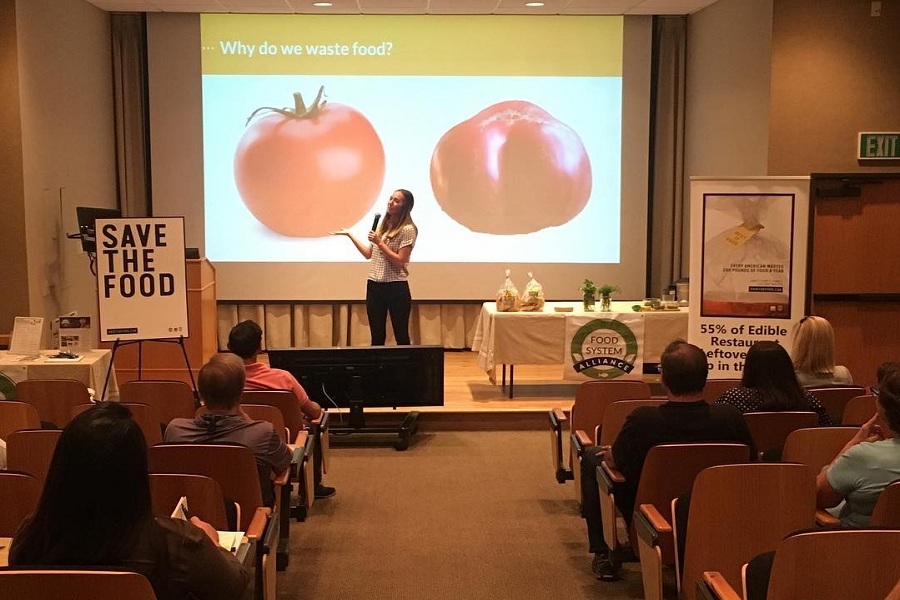
About San Diego Food System Alliance
The San Diego Food System Alliance is a collaborative of nonprofit organizations and community members to cultivate a healthy, sustainable, and just food system in San Diego County. Their goal is for producers and food workers are treated fairly, sustainable and regenerative practices are prioritized, people are engaged, communities are empowered, and farms, fisheries, and food businesses are thriving and contributing to local economies. They work to achieve this through promoting collaboration among many different organizations and by working to influence policy through advocacy efforts. They promote food access, urban agriculture, wasted food prevention and recovery, reducing barriers to farming and more. For more information, visit sdfsa.org.
Stay healthy, San Diego!





